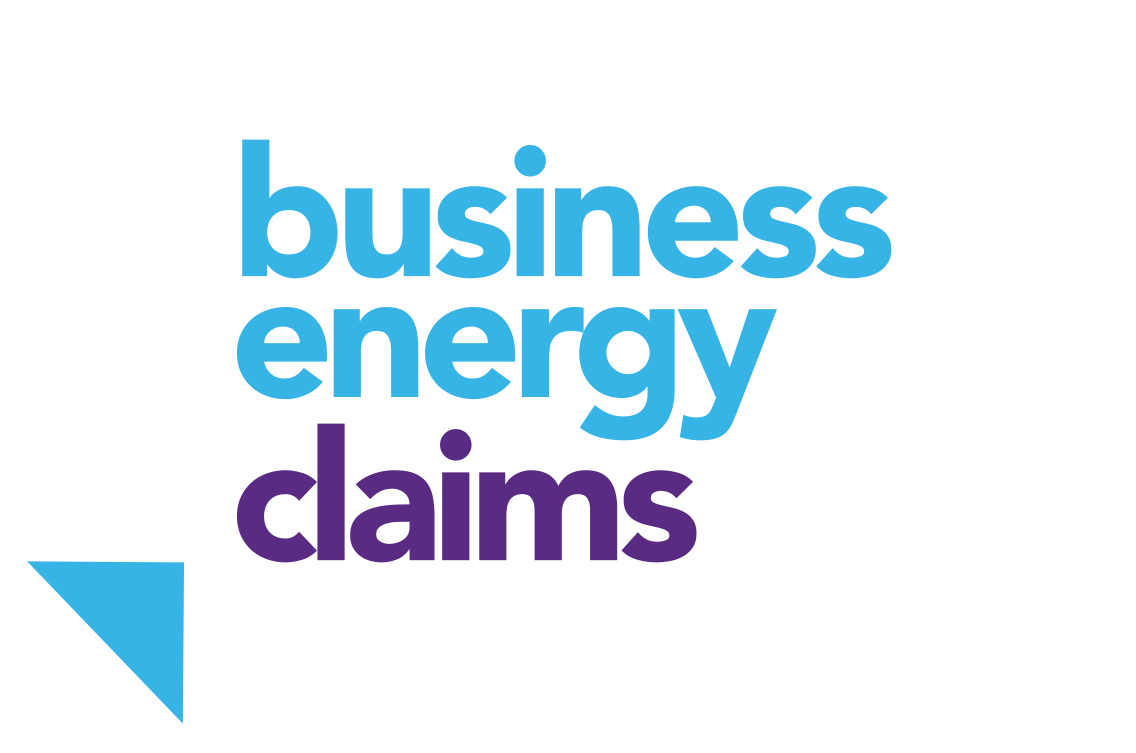Dual Fuel vs Prepayment Tariffs: What’s the Best Payment Method for Your Business?
How you pay for your business energy can have a big impact on both cost and convenience. Two common options are dual fuel tariffs and prepayment tariffs.
Follow our Energy Tariffs Explained blog series to find out more what UK businesses need to know in 2025.
What Are Dual Fuel Tariffs?
A dual fuel tariff means you get both your gas and electricity from the same supplier, often on a single bill. This can simplify administration and sometimes unlock discounts.
Benefits for Businesses:
- One point of contact for both fuels
- Potential for bundled discounts
- Easier billing and account management
What Are Prepayment Tariffs?
Prepayment tariffs require you to pay for energy in advance, usually via a top-up card, key, or app. This method gives you tight control over spending and can help avoid debt.
Benefits for Businesses:
- No risk of unexpected bills
- Useful for very small businesses or temporary premises
- Can help with strict budgeting
Drawbacks:
- Unit rates are often higher than standard tariffs
- Risk of running out of credit and losing supply
- Less convenient for larger businesses
Dual Fuel vs Prepayment: Which Is Best?
- Dual fuel is best for businesses seeking simplicity, potential discounts, and streamlined billing.
- Prepayment may suit very small businesses or those with strict budgeting needs, but be aware of higher costs and the risk of supply interruption.
For most UK businesses, dual fuel tariffs offer greater convenience and better value. Prepayment tariffs are best reserved for niche situations where control over cash flow is the top priority.
Think your business may have overpaid on energy bills?
A recent court ruling means you could be entitled to reclaim hidden broker fees or mis-sold contracts.
Contact Business Energy Claims today to find out if you’re eligible to make a claim.
